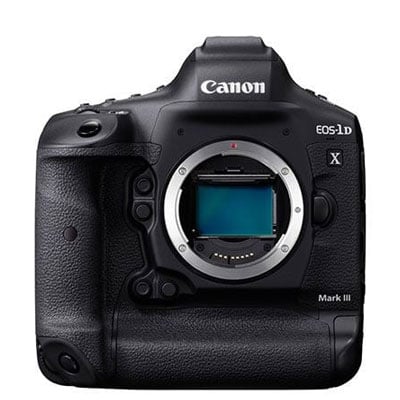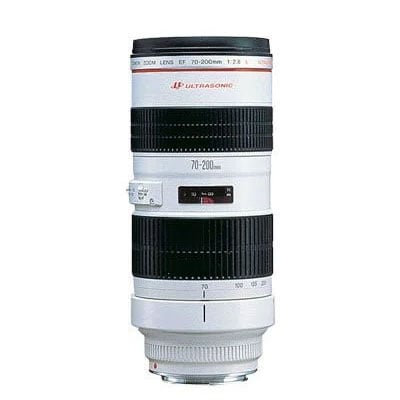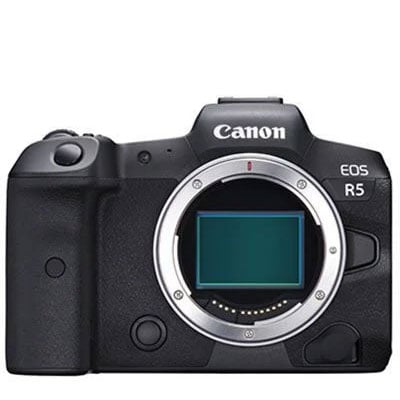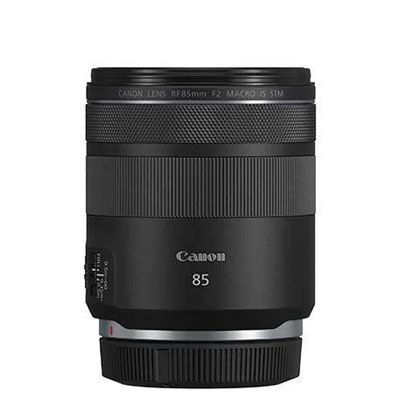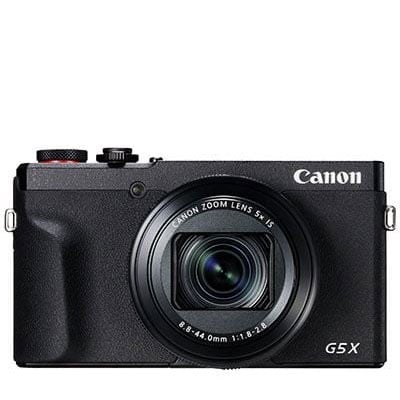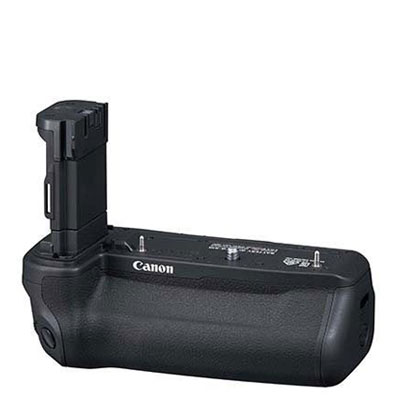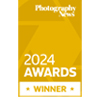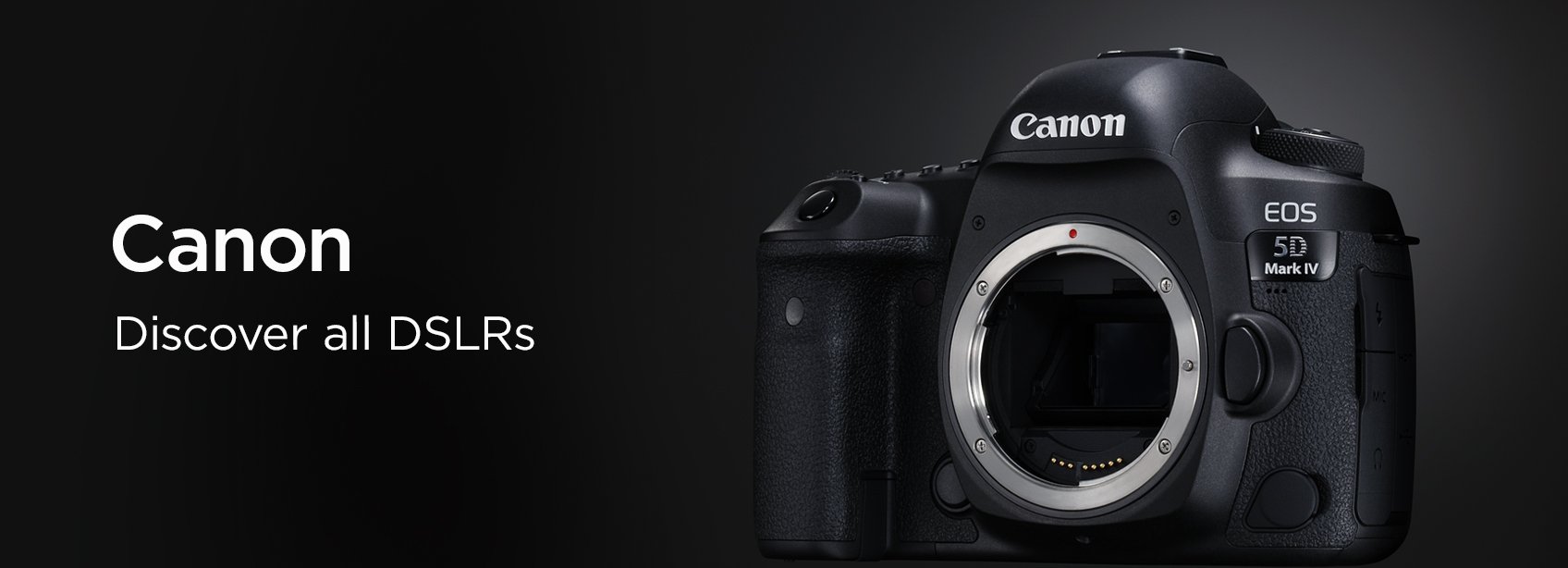

Canon EOS DSLR cameras are some of the most famous, iconic cameras ever made. Continuing directly from the old Canon SLR cameras that shot film, the DSLR range grew from strength to strength and became some of the most popular cameras among professional and amateur photographers alike.
And it wasn’t just photography. The Canon EOD 5D Mark II kicked off a DSLR video revolution in the independent filmmaking community. Its legacy continues today with the Canon EOS 5D Mark IV shooting some of the best 4K video in the business. Having access to the Canon EF range of lenses also opens up an enormous world of imaging potential.
Whatever you want to shoot, there will be a Canon DSLR for you.
Pre-Loved
Range
Looking to save on your equipment?
Explore our range of second-hand, used, and open-box Canon DSLRs »
Looking to save on your equipment?
Explore our range of used and open-box Canon DSLRs »
Pre-Loved
Range
Looking to save on your equipment?
Explore our range of used and open-box Canon DSLRs »
Compare items Select up to 4 products to compare
{{item.ProductName | limitTo: 50}}
{{item.CulturedPriceValue}}Please select at least two products to compare
Compare items Remove AllCanon DSLR Cameras
Let’s take a closer look at the different Canon DSLRs on offer and what they have to offer different users.
But first, what is a DSLR? The term “DSLR” stands for Digital Single-Lens Reflex camera. Digital means that it has a digital image sensor, as opposed to using film.
Single-lens means that it uses just the one lens for all its operations – framing, focusing and capturing a shot. This is in contrast to twin-lens or rangefinder cameras, which have multiple optical systems.
Reflex refers to the fact that the camera has a mirror system to reflect an image of the scene into an optical viewfinder, giving the user an exact and instant view of the scene they’re shooting.
DSLRs are different to compact cameras because their lenses can be changed, and differ from mirrorless cameras in that they have the aforementioned mirror system to field an optical viewfinder. For these reasons, DSLRs tend to be physically larger than compacts and mirrorless cameras, though there is some overlap.
Canon DSLRs for beginners
If you’re just starting your journey with DSLRs, these Canon digital cameras will fit the bill. They’re designed to be user-friendly and easy to get to grips with, while still offering tremendous imaging potential and room to grow once you’ve mastered the basics.

The most affordable Canon digital DSLR camera, the Canon EOS 2000D is a fantastic gateway into the EOS system. The in-camera guides help new users orient themselves with the controls, while the 24.1MP image sensor ensures that the image quality is still on par with enthusiast cameras. The EOS 2000D can also be purchased with an 18-55mm starter lens.

Canon EOS 250D:
A more advanced beginner’s DSLR, the Canon EOS 250D is perfect for photography students. Its 3-inch vari-angle touchscreen allows the user to shoot from a multitude of different creative angles. Its focus system is fast and accurate for shooting both 24.1MP stills and Full HD video. The EOS 250D can be bought with an 18-55mm lens, and also comes in white.
Canon DSLRs for enthusiasts
These step-up DSLRs make for a fantastic second camera for a photographer or videographer who has a handle on the basics.

The long-awaited replacement for the EOS 800D, the Canon EOS 850D is lightweight but powerful, and the most affordable Canon DSLR to offer 4K video. Its Dual Pixel CMOS AF system is highly effective and makes it a great camera for capturing fast-moving subjects.

Canon EOS 90D:
One of the most popular DSLRs for enthusiasts, the Canon EOS 90D is also favoured by YouTubers. It’s one of the best cameras for vlogging because it’s an affordable and reasonably lightweight camera that shoots excellent 4K video. It’s great for stills too though, making the most of a 32.5MP sensor.
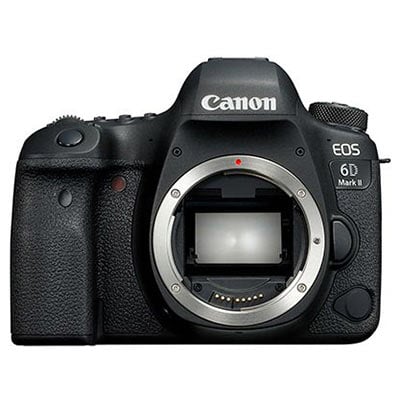
Canon EOS 6D Mark II:
The Canon EOS 6D Mark II is the most affordable full-frame Canon DSLR, meaning it has a larger image sensor than all the DSLRs we’ve discussed so far. A larger sensor provides more dynamic range and controls image noise, which improves performance in low light. Most professional cameras have full-frame sensors, so it’s good to see one on a camera pitched at enthusiasts, too.
Canon DSLRs for experts
These professional Canon DSLRs are designed for working photographers and videographers, who need the best of the best. They’re some of the finest cameras you can buy right now, full stop.

As mentioned, the Canon EOS 5D Mark IV is part of a line of cameras that revolutionised filmmaking. It continues in that tradition with exceptional 4K video recording at 30fps, as well as the ability to capture Full HD at up to 120fps for super-slow motion. Fantastic on stills too thanks to its full-frame sensor, this is a DSLR that does everything.

Canon EOS-1D X Mark III:
The flagship DSLR for professional sports photographers and photojournalists, the Canon EOS-1D X Mark III is an incredible camera. Inheriting technology from Canon’s mirrorless cameras, it’s unbelievably fast at burst-shooting. The deep-learning autofocus actually gets better as you use it, and can be intuitively controlled with the Smart Controller.
Trade In
Service
Looking to trade in your equipment?
Get an instant quote & check eligibility for trade in bonuses »
Looking to trade in your equipment?
Get an instant quote & check eligibility for trade in bonuses »
Trade In
Service
Looking to trade in your equipment?
Get an instant online quote & check eligibility for trade in bonuses »
Frequently asked questions
- What are the best Canon DSLR accessories?
-
There are loads of photo and video accessories out there. If we had to pick some essentials we’d say it’s worth getting: a tripod, a memory card and a camera bag. These will give you everything you need for a day’s photography.
- Can Canon DSLRs use mirrorless lenses?
-
Canon DSLRs cannot natively use lenses from Canon mirrorless systems, as the EF lens mount is a different shape to RF and EF-M. However, you can pick up mount adapters that allow for lenses between the systems to be used together – and in the case of more modern lenses, functions like autofocus will still work exactly as intended.
- What is the difference between EF and EF-S lenses?
-
Both of these are DSLR lenses – the main difference is that EF-S lenses are designed for cameras with APS-C sensors (the cheaper, more beginner-friendly models) while EF lenses are made for full-frame. Those APS-C cameras can use either types of lens, while full-frame shooters will need to use EF only.
- Which Canon DSLR is best for video?
-
It depends on what you need! And with video technology having advanced significantly, all Canon DSLRs can shoot video and do a good job of it. The most popular for video, however, are the Canon EOS 90D and the Canon EOS 5D Mark IV.
- Are Canon DSLR cameras waterproof?
-
No. Canon DSLRs are generally equipped with good weatherproofing that makes them resistant to rain, but they are not waterproof. Check out our guide to the best underwater cameras if this is something you’re interested in.
Explore Buying Guides from our blog
